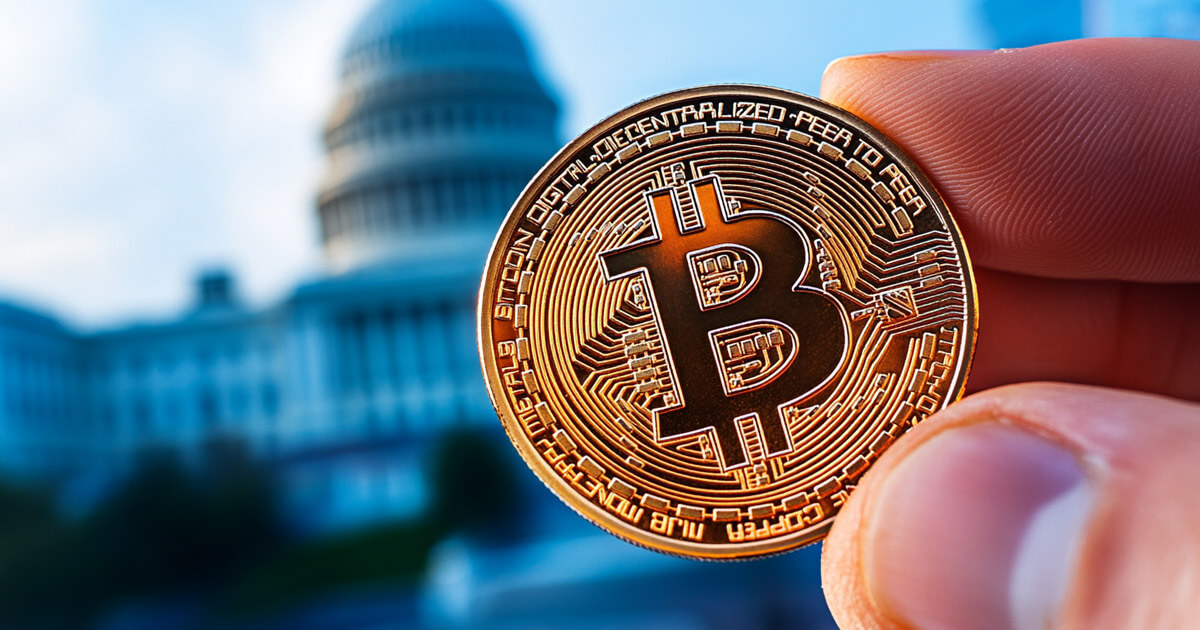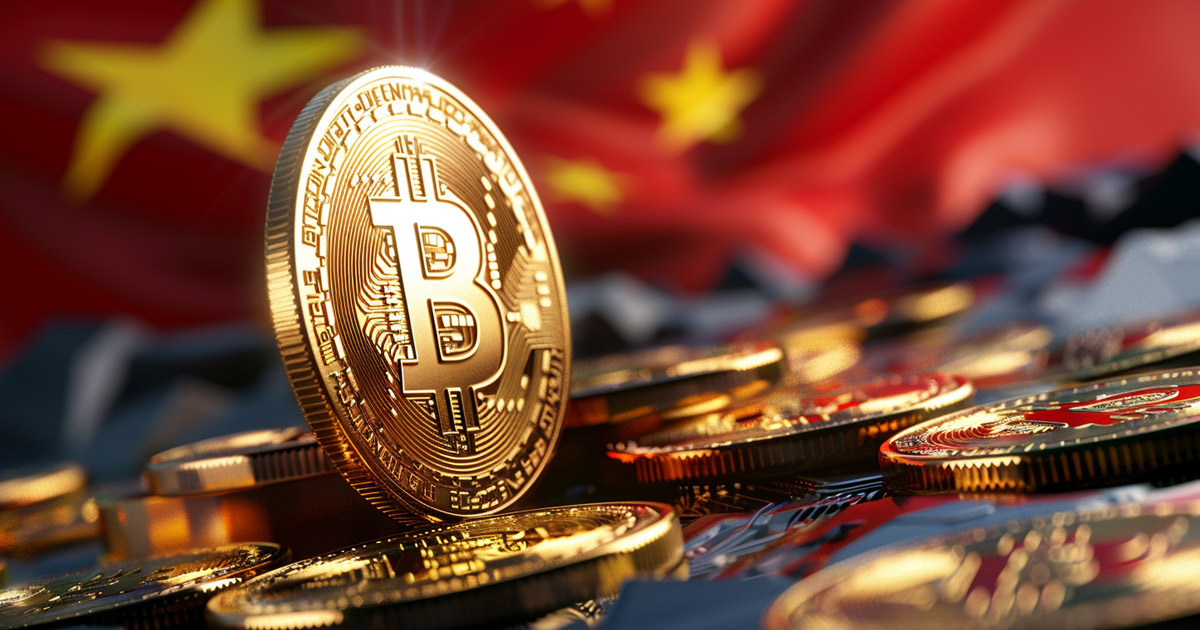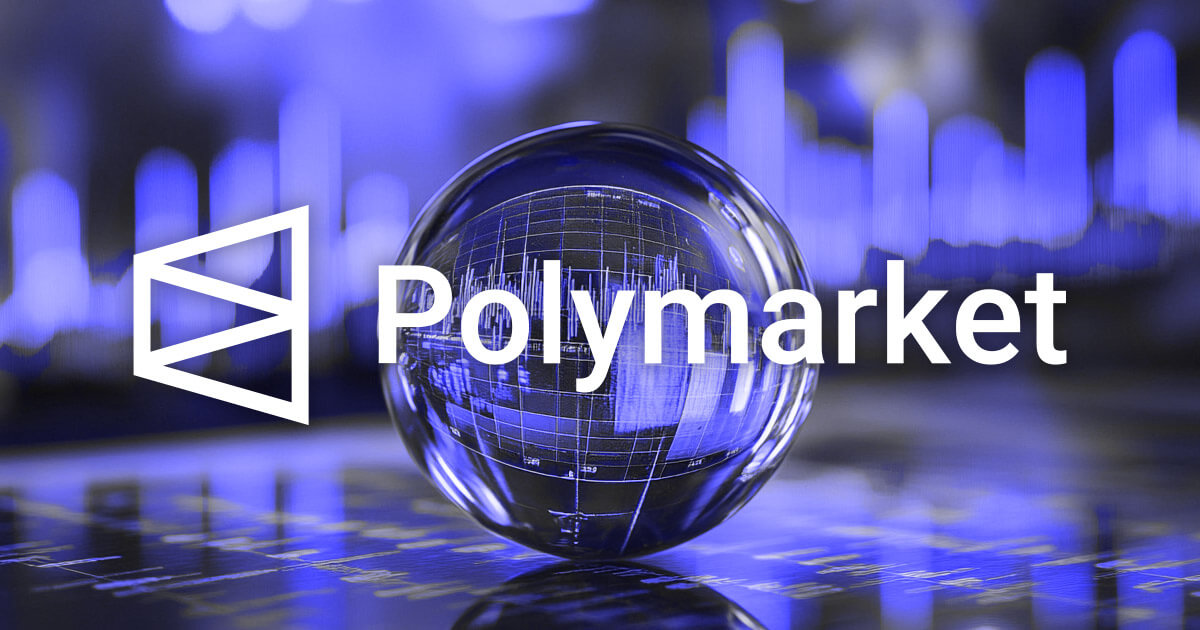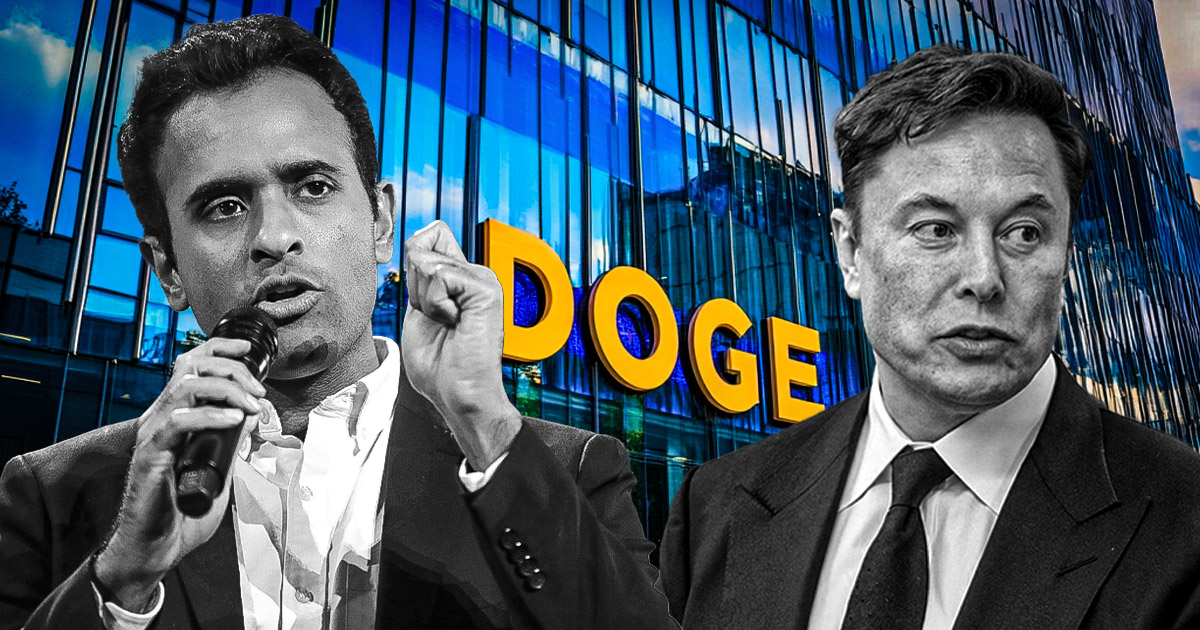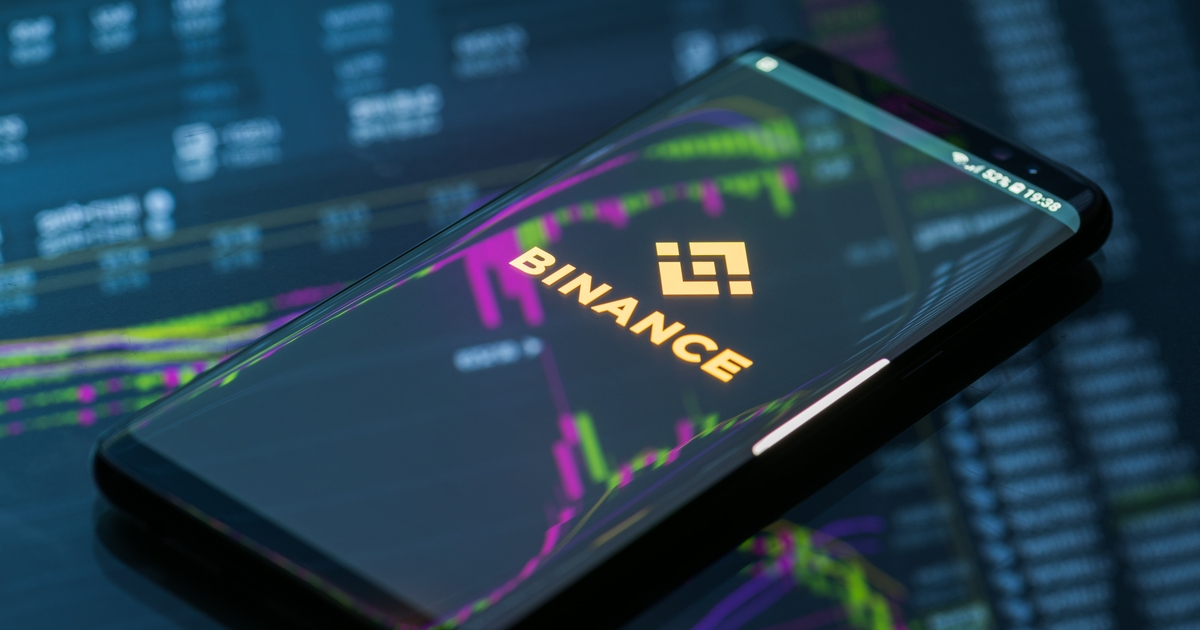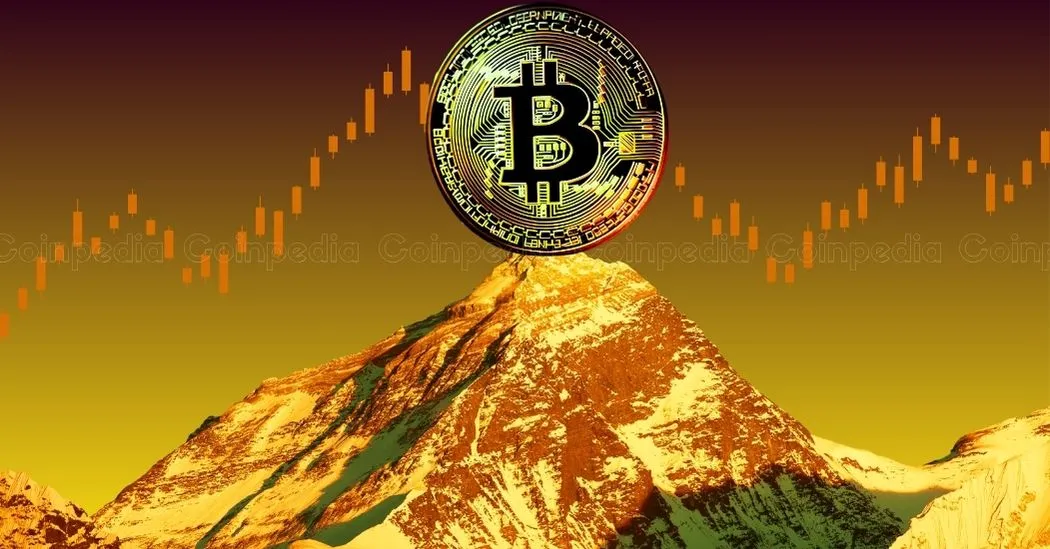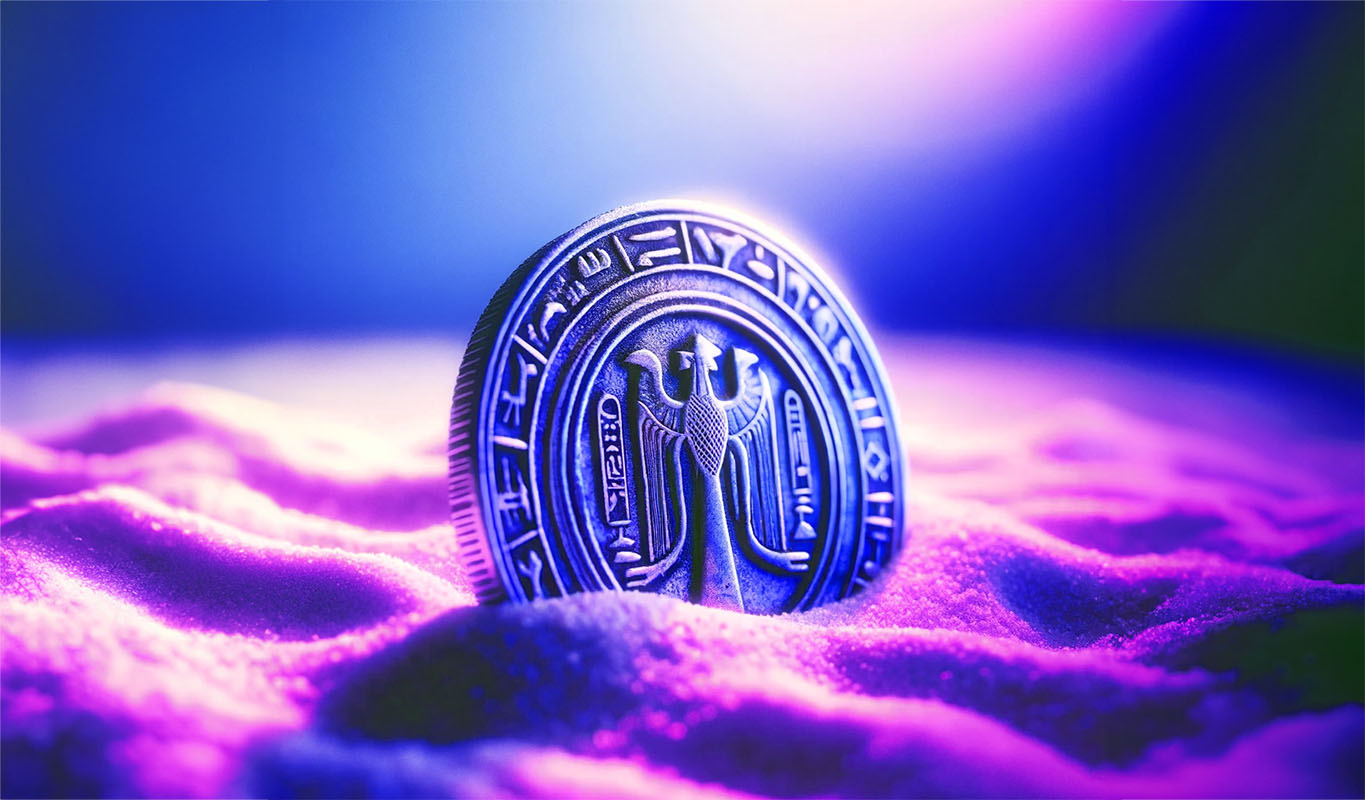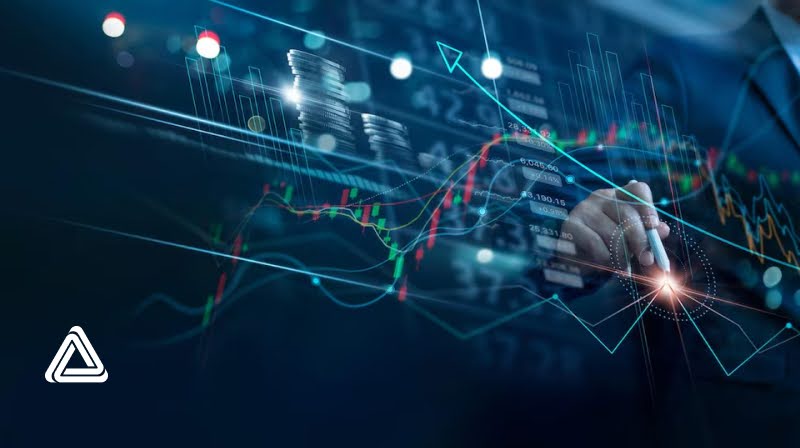But U.S. District Judge Analisa Torres drew a distinction between sales to institutional investors and sales to retail buyers.
While XRP is not a security when individuals buy the token, it is a security when investment funds and other financial institutions do so, Torres ruled. The judge leaned on a legal standard called the Howey Test to determine whether a transaction qualifies as an “investment contract,” which would make the object of the sale a security.
Her decision boiled down to institutional investors having more knowledge about XRP’s pricing than retail investors.
“A reasonable investor, situated in the position of the Institutional Buyers, would have been aware of Ripple’s marketing campaign and public statements connecting XRP’s price to its own efforts,” Torres wrote.
On the other hand, individual investors are “generally less sophisticated” and should not be expected to have “similar ‘understandings and expectations’” of Ripple and XRP, Torres wrote.
Crypto investors took the ruling as good news. The price of XRP shot up more than 65 percent after the announcement.
“In general, the ruling is a little bit better than the crypto industry had expected or even hoped for,” said Jason Gottlieb, chair of regulatory enforcement and digital assets at Morrison Cohen.
Gottlieb added that exchanges like Coinbase are winners in the ruling, and that while Ripple may have “lost” the notion that its initial offerings to institutions were not securities, it’s a positive for the company that a large chunk of its token sales were not.
“That’s a huge win for Ripple,” Gottlieb said.
The SEC first charged Ripple and two of its executives over two years ago with conducting an unregistered securities offering by selling XRP tokens. Torres’s ruling Thursday cites SEC allegations that the company sold tokens valued at $728 million to institutional investors, $758 million to the general public and $609 million to its own employees and individuals in exchange for services.
The SEC also alleges that Ripple executives Bradley Garlinghouse and Christian Larsen made $450 million on sales of their own personal stakes in XRP from 2013-2020.
Garlinghouse, the CEO of Ripple, lauded Thursday’s ruling. “Thankful to everyone who helped us get to today’s decision – one that is for all crypto innovation in the US,” he tweeted.
A statement from the SEC praised the part of Torres’s ruling that applies to institutional sales of XRP.
“We are pleased that the court found that XRP tokens were offered and sold by Ripple as investment contracts in violation of the securities laws in certain circumstances,” SEC spokesman Scott Schneider said.
Shortly after Thursday’s ruling, crypto exchange Coinbase re-enabled trading of XRP. Coinbase was sued last month by the SEC, which accused the company of operating as an unregistered securities exchange, broker and clearing agency since 2019.
Credit: Source link



